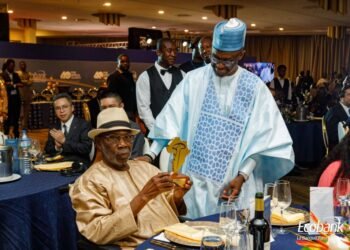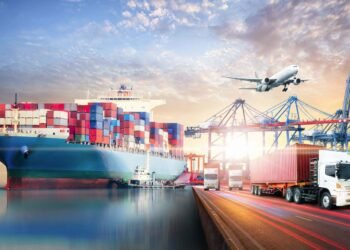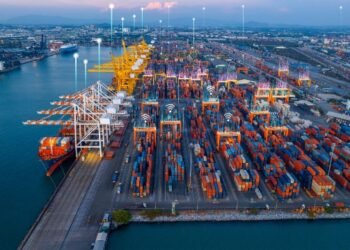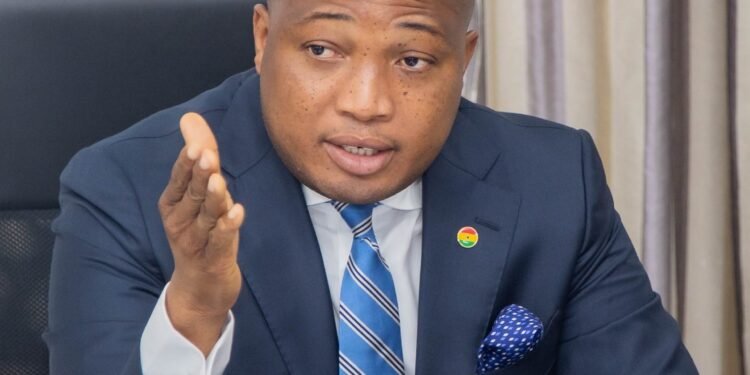Executive Director of AfCFTA Policy Network, Louis Yaw Afful, has described the ongoing African Continental Free Trade Area (AfCFTA) Agreement as not exclusive to trading of goods amongst African countries but incorporates other aspects such as services.
Speaking to the Vaultz News, Mr. Afful noted that, the free trade isn’t wholly about government especially when it comes to implementation, but rather incorporates the private sector in their operations as government predominantly draws up the framework for it.
“Trade in goods is not all about AfCFT. We have trade in services… but most of the time, we always focus on trade in goods. It is not only about traders, it is for everybody; it’s for manufacturers, students, lawyers… the only part they come in is in trade in goods.
“Continental free trade is not about government alone. It’s about private sector participation, it’s about association, exporters and importers. Government is just doing the framework; they’ve done the framework and they are going to ensure that policies through their supervising agencies work. Beyond that, the government is not going to help you to come out with innovation, you have to come up with the innovation and then they show you where to go”.
Credit financing, which has become a constant feature in the AfCFTA trade has generated some level of misgivings among stakeholders and businesses especially pertaining to the competitiveness of the market space. However, Mr. Afful stated that, government through concerted efforts of some financing institution are resourced to help both businesses and the private sector leverage on them.
“In terms of trade finance, governments across, the AfCFTA secretariat together with Afriexim Bank is trying to help exporters [and] importers across. If you come to Ghana, Exim Bank has been positioned to support and finance exports and imports. Apart from [them], Ghana Export Promotions has come up with what we called the ten years development plan call the NED. In it, you find out some of the financing products and so, all these things have been positioned and it’s the associations and stakeholders who also need to position themselves as to how to access these trade finance and I think as the years go on, more and more trade finance institutions will be seen here”.
Additionally, Mr. Afful opined that policy implementation such as investment and intellectual property are in the second phase of deliberation by government and that its relevance in the trading space will engender innovation among participating countries.
“Phase two has not been done [and] that has to do with investment policies and intellectual property rights. I think that the Ministry of Trade should push well for the competition policy bill to be finalized in Parliament, then also the intellectual property right- we need to amend certain things before we go and negotiate on the continental level; these are very important because when we innovate you need to have standardization and certification, that’s where the intellectual property rights is very important”.
Mr. Afful further advised businesses to come up with ideas, Identify a product and the market, and “if you want to export maybe garment, look for the country where it has also liberalized garments before you can send”.





















